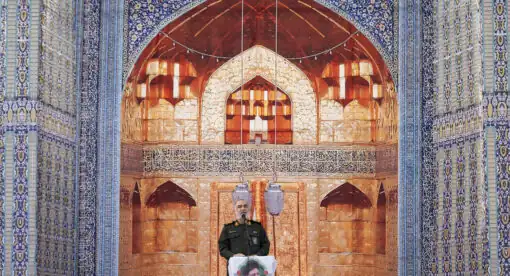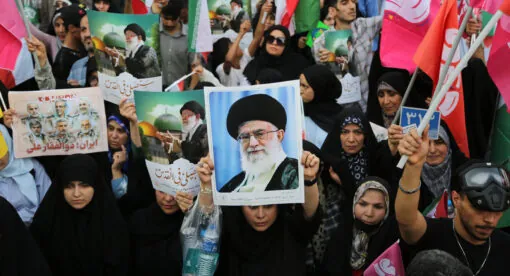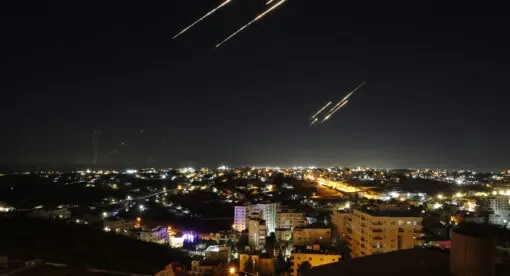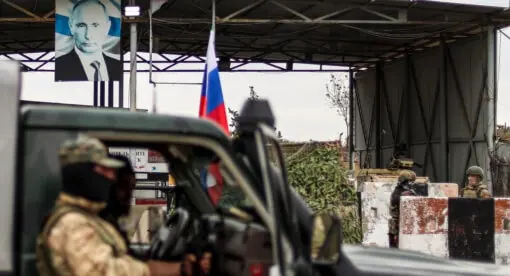Well before the Coronavirus pandemic Arab regimes struggled with political legitimacy crises driven by poor governance, economic failure, and an alienated population. Although most survived the Arab revolts of 2011 they remain highly vulnerable to internal and external shocks. How will the COVID19 crisis impact these regimes? Join us for a conversation with Dr Marwan Muasher on the pandemic’s impact on Arab regimes and the implications for their future amid rising pressures.
Dr Marwan Muasher is Vice President for Studies at the Carnegie Endowment for International Peace and a scholar of Arab politics. Previously he served as the Kingdom of Jordan’s foreign minister, deputy prime minister, and ambassador to the United States. He has written extensively on the crisis and future of Arab politics and is the author of The Arab Center: The Promise of Moderation and The Second Arab Awakening and the Battle for Pluralism.
Faysal Itani is Deputy Director at the Newlines Institute’s Non-State Actors and Geopolitics unit. He is also an adjunct professor of Middle East politics at George Washington University and a political risk analyst. Itani has repeatedly briefed the United States government and its allies on the conflict in Syria and its effects on their interests. He has been widely published and quoted in prominent media including The New York Times, TIME, Politico, The Washington Post, CNN, US News, Huffington Post, and The Wall Street Journal.




